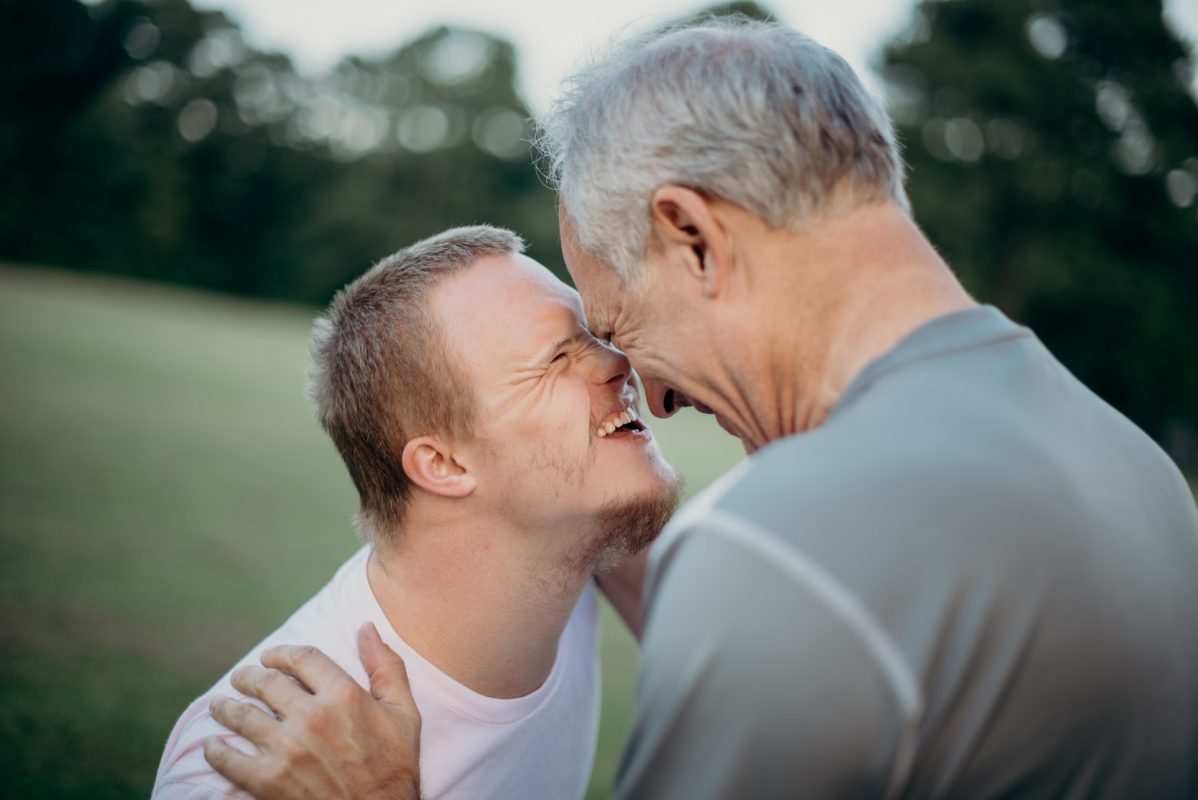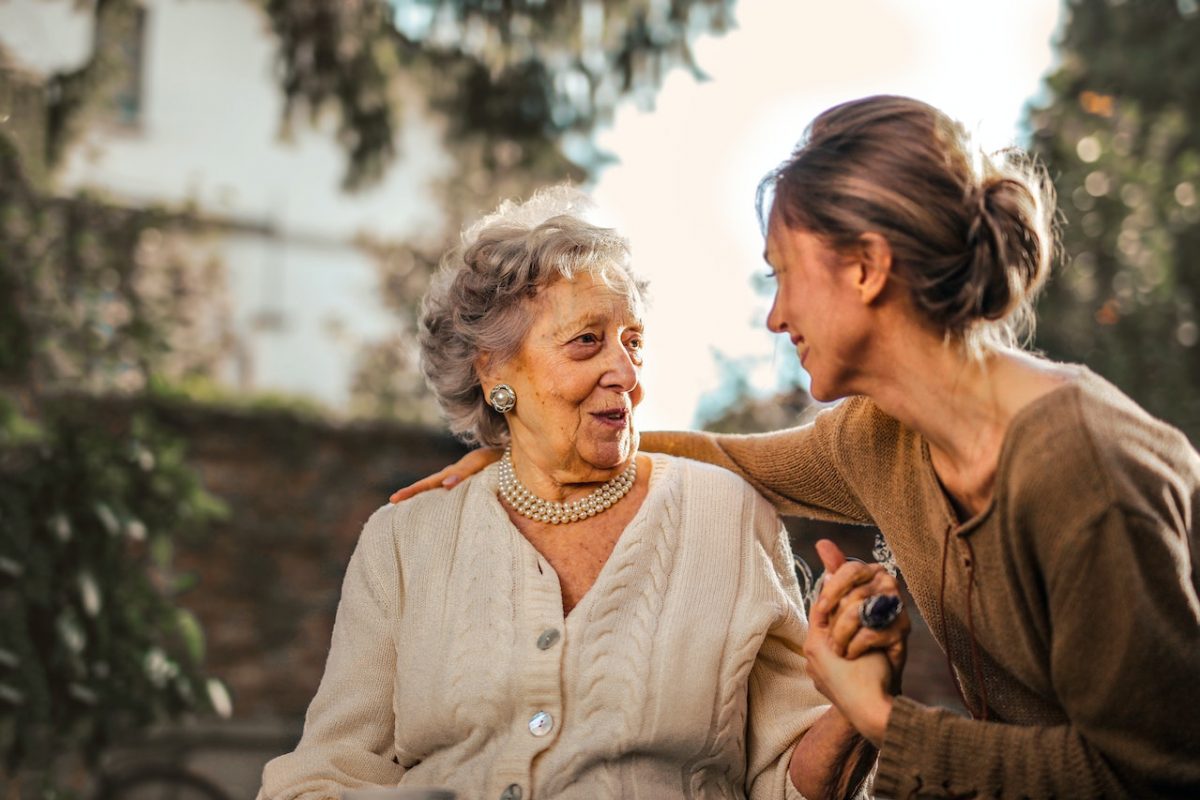Home modifications aren’t just a convenience for elderly or disabled people. These changes often become essential to help them stay safe and independent. Many people prefer to remain in their own homes as they age, which makes smart home adaptations crucial. You might need bathroom modifications for elderly family members, or want to learn more […]
Dehydration affects many older adults living in communities. This makes nutrition and hydration in aged care one of the most important health concerns that people often overlook. Dehydration can be easily prevented, yet it leads to higher illness and death rates in elderly populations. Healthcare professionals have raised serious concerns about this issue and believe […]
Can a hospital put you in a nursing home without your consent? This is an important question for anyone navigating hospital care and aged care decisions in Australia. Many transfers from hospitals to nursing homes could be avoided, and understanding your rights is key to ensuring decisions are made in your best interest. This article […]
The impact of falls is alarming. Falls remain the main cause of unintentional injury among older Australians. Anyone who works with seniors or has ageing family members needs to know about fall prevention in aged care. The risk is concerning in both community and facility settings. These falls can turn dangerous, causing injuries like cuts, […]
Understanding the 5 stages of palliative care can feel overwhelming when you’re supporting a loved one with a serious illness. Palliative care provides specialised, person-centred support for people with chronic diseases or life-limiting illnesses where a cure isn’t possible. This care approach helps people living with cancer, heart failure, chronic respiratory conditions, and neurological disorders […]
Millions of Australians experience bladder or bowel control problems. But, this doesn’t have to be the case, as continence assessments serve as your first step toward addressing these challenges, particularly for seniors and people with disabilities. Your body changes as you age or manage disabilities, and these changes directly impact continence management. People in aged […]
Carer fatigue is more common than most people realise. If you’re caring for a loved one and feel exhausted, stressed, and overwhelmed at times, you’re not alone. Burnout affects almost every caregiver at some point. This common issue can harm both your health and your loved one’s well-being. Carer burnout often shows up as emotional […]
Bowel care plays a vital role in disability support. This essential personal care service affects a person’s physical health, self-esteem and quality of life. Many people feel embarrassed about bowel conditions, especially faecal incontinence. Without proper support, these issues can seriously impact emotional well-being and social participation. The NDIS Practice Standards classify complex bowel care […]
Unlike what most people think, palliative care in Australia goes well beyond end-of-life support. This specialised care aims to improve life for people with life-limiting illnesses. The care team supports physical, emotional, social, cultural and spiritual needs at any stage during a serious illness. People can receive palliative care in hospitals, community health centres, private […]
Making decisions about hospice and palliative care options in Australia can overwhelm anyone dealing with a serious illness. People often use these terms interchangeably, but they represent different approaches to care with unique purposes and timeframes. Palliative care and hospice have fundamental differences in their timing and treatment goals. Anyone at any stage of serious […]
- 1
- 2









